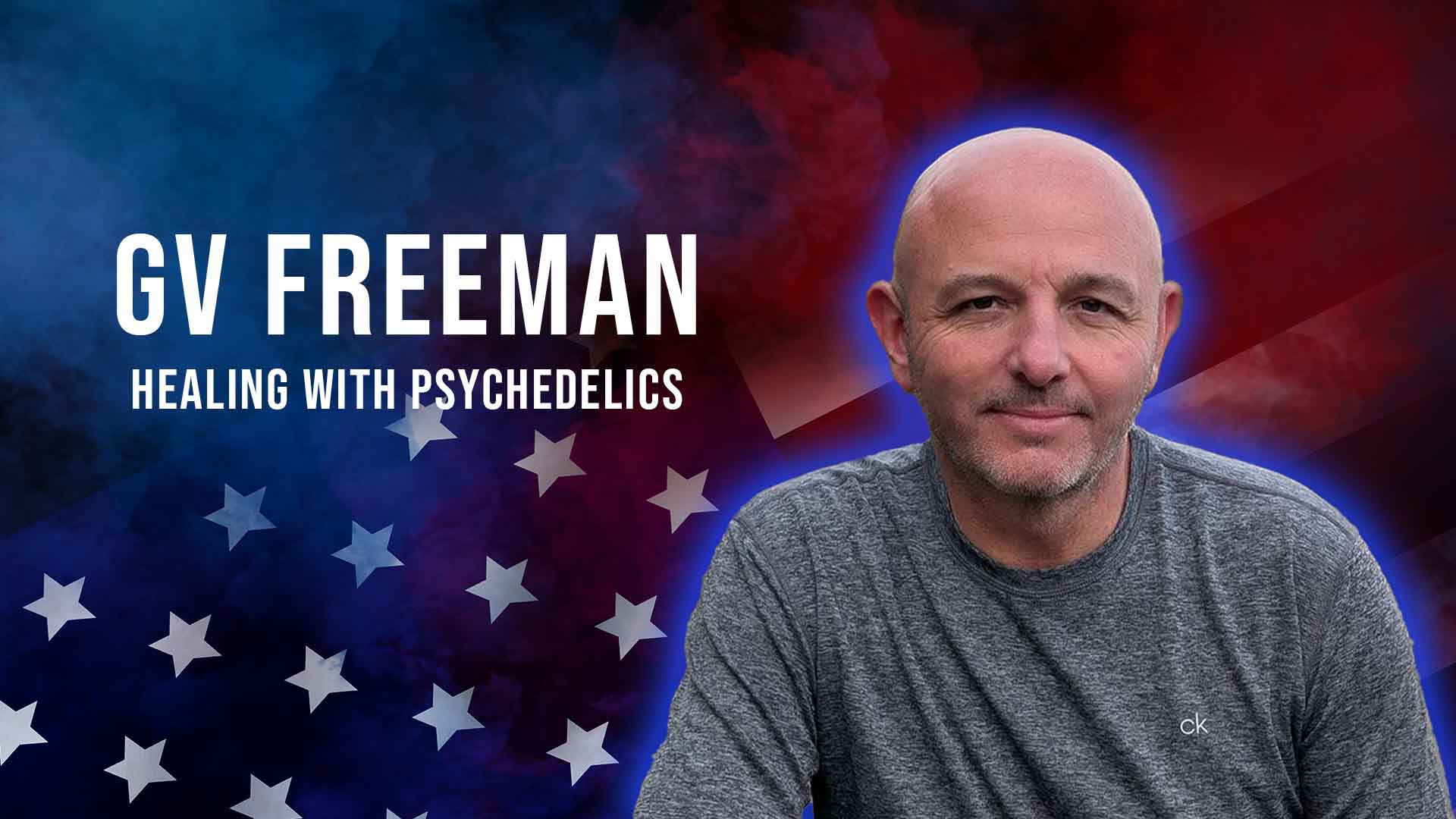Part III
This is the final part of the three piece series, focusing on the secrets of police work. Click on the following links if you missed parts one or two.
Respect is earned, not given.
[caption id="attachment_11269" align="aligncenter" width="1024"]

I know, I know, how very School House Rock of me.[/caption]Just because you have a gun and a badge, does not mean the people you encounter will respect you. Typically, this mentality applies to less affluent and educated communities, but get a couple drinks in anyone and they all “pay your salary.”This also goes for your fellow officers. The way you handle yourself on a call will determine how other officers treat you. Just as with anything in life, the more calls you handle, the better your response will be under stress.
Officers take an oath to uphold the law.
[caption id="attachment_11270" align="aligncenter" width="1024"]

You are bound to uphold the law, regardless of personal opinion.[/caption]You didn’t create the laws, nor do you have to agree with them; your job is simply to enforce them. Even if you think a law is subject to discretion, more often than not, your hands are tied. Taking a woman to jail for brutally beating her abusive husband in his sleep, does not weigh lightly on your conscience. The guy deserved it. You know it. Your partner knows it. Hell, even the guy knows it. But there you are, stuck on the scene and he signed the victim’s affidavit stating he desires to prosecute.More often then not, state laws require a domestic arrest be made in the scenario, so out come the handcuffs and off she goes. Liability forces you into the arrest, even though your conscience would suggest handing her a trophy and a cold beer.
Use of Force
[caption id="attachment_11271" align="aligncenter" width="1024"]

Even though prepared, police only respond to force, not instigate it.[/caption]No police officer comes to work thinking “I can’t wait to hurt someone today.” The modern day social commentator is under the misguided belief that cops actively seek out and use force. There are two fallacies with this argument, so I must address these pundits:
- Using force requires both an internal investigation as well as a huge headache for every officer involved. Each use of force report is extensive and requires interviews, politics, and massive amounts of paperwork. Any officer worth their salt knows that the aftermath is much simpler by resolving an incident verbally, rather then through physical confrontation. Typically, an officer uses physical force if they are responding to force, whether that be active (i.e. a suspect throws a punch) or passive force (i.e. refusing to move).
- Almost every officer I’ve known, got into the job to help others. Yes, a very few may abuse their power, hoping their actions justify the means, but the majority don’t. No one wants to look in the mirror and see a dirt bag staring back at them.
Everyone’s a Monday Morning Quarterback.
[caption id="attachment_11272" align="aligncenter" width="1024"]

Hindsight is always 20/20.[/caption]You are expected to make split-second life and death decisions, each exposing you to some sort of liability. In this day and age, where the media are more concerned with generating ad revenue and viewership through scandal, police officers are easy targets.The invention of the smart phone camera only captures one angle, not the whole incident – from start to finish. These videos often show the aftermath of a scene, invoking emotional outrage from the general public, and don’t expose the events that led up to the tumultuous conflict between officers and citizens. There are three sides to every story, and more often than not, the witnesses or suspects have a distorted and emotional version of events.In my opinion, the addition of body cameras is only beneficial to officers and capturing evidence. What the ACLU once broadly boasted as the best way to protect citizens from “always present” police brutality, are now being used to capture the truth and disprove the inflammatory defense attorney’s claims of brutality, racism, or unwarranted arrests.
You will lose friends…but gain brothers and sisters
The moment you dawn the badge, suddenly friends stop calling or texting. I think they harbor some paranoid fear that you will arrest them for no reason, or they don’t feel comfortable introducing you to new people – since you’re a “narc” now. No one wants to party around a cop, even if they are outside their jurisdiction or capacity. Perhaps the feeling’s mutual, as the stupid civilian joke of, “oh he/she did it” or “it wasn’t me!” with juvenile hands in the air, gets old fast.On the other hand, you will gain fraternal brothers and sisters; the guardians who stand beside you day in and day out. It’s sad, but they are the only ones who understand what you endure on a daily basis. Exchanging “war stories” becomes commonplace at your new social circle soirées.With all of that being said, I urge you to resist the thin-blue-line isolation. I made a point of trying to keep as many old friends as possible, reminding them I’m still the same person they once knew. The key to any successful individual is exposure to as many opinions and perspectives as possible.

No department is the same.
Depending on the municipality, county or state, every department is different. The quantity and type of calls for service are different. Your “customers” are different. The backing of City Hall is different. Basically, every department has its own issues and caveats. If you’re interested in pursuing a career in law enforcement, do some research on each department and the residential demographics before you apply. Just know that no department is perfect.
Benefits? Oh yeah those…
[caption id="attachment_11412" align="aligncenter" width="1024"]

Blood sample? That will be one arm and one leg, please.[/caption]If you became a police officer to receive the “glorious” benefits, you’ve got another thing coming. Cops don’t become cops because of the amazing benefits; don’t get me wrong, I still kick myself for not staying to vest in my pension. Most cities are going to 401k’s and you have to pay large portions into your pension, if you're fortunate enough to still be eligible.You do it because you love the adrenaline and the chance to help others. For my first three years, I would’ve paid the city to do the job. Then after a couple of injuries and several close calls, you start to welcome the paycheck. Regardless, policing is not a profession to take on for the benefits. If you’re interested in that, become a firefighter (sorry, couldn’t resist myself). Cops don’t usually last too long after they retire. A National Institute of Health study found that on average, white male officers die 21.5 years before the average white male citizen does. That pension doesn’t do much good when you’re six feet under.
The academy teaches you nothing.
I know you’re thinking of the movie Training Day, but there are some aspects of truth to the movie (spoiler alert: not the nonsense about your FTO being a homicidal drug lord). In the academy, they train you on basic firearms, defense tactics, driving techniques, and liability. Then you’re set to the wolves. Everything you really learn about policing happens on the streets. You can’t begin to understand the fragile mentality of a crack head by reading about it in a book or simulating a scenario. You have to encounter them and interact, with no safety net.This is something that always bothers me about social commentators. They have sculpted their arguments based on third party facts. The believe what they’ve seen on biased documentaries. They quote lectures and dissertations by academics. They argue based on data sets garnered from grant specific criteria (where the variables are filtered to suit their hypothesis). The real underbelly of society must be observed in the flesh, in order to truly grasp the concept of law enforcement’s interaction with the general public. A psychologist in a sterile lab setting cannot explain to me why one person could murder someone over eating the last chicken wing, while another human is willing to risk their life for a complete stranger.
Parting Ways
If there’s one thing to take away from all of this, let it be the following: humans are not predictable and being a police officer is not a job, but a calling.



%201.svg)









